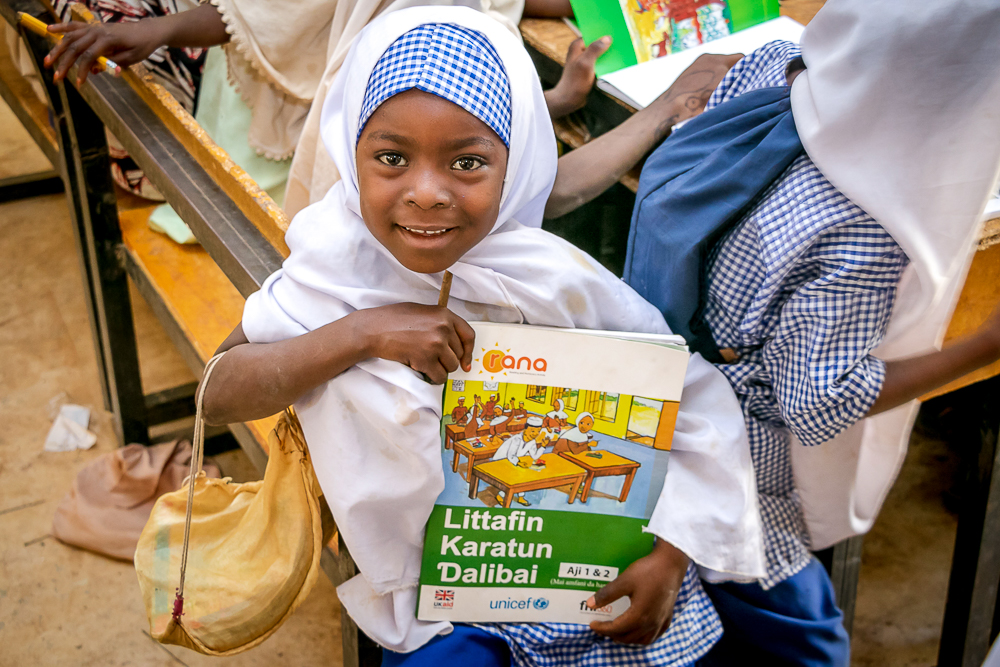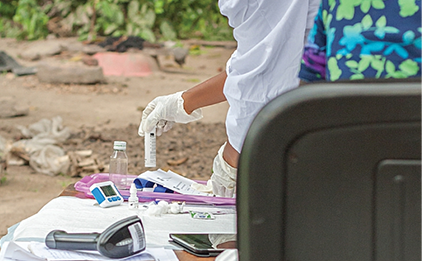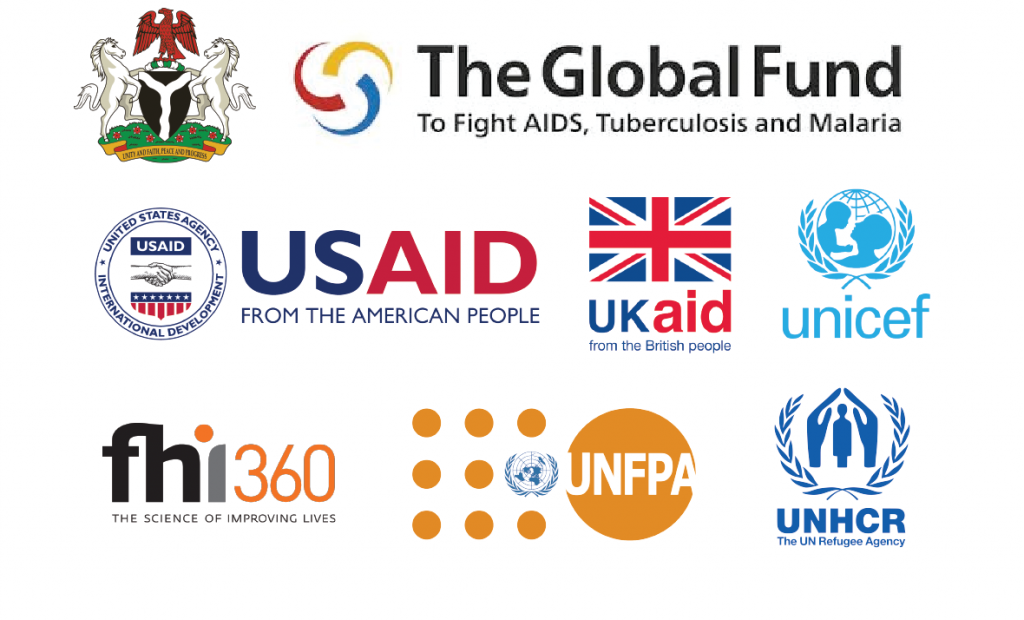Cookies are small files placed on your computer’s hard drive that enables the website to identify your computer as you view different pages. Cookies allow websites and applications to store your preferences in order to present contents, options or functions that are specific to you. Like most interactive websites, our website uses cookies to enable the tracking of your activity for the duration of a session. Our website uses only encrypted session cookies which are erased either after a predefined timeout period or once the user logs out of the platform and closes the browser. Session cookies do not collect information from the user’s computer. They will typically store information in the form of a session identification that does not personally identify the user.
The technical storage or access is strictly necessary for the legitimate purpose of enabling the use of a specific service explicitly requested by the subscriber or user, or for the sole purpose of carrying out the transmission of a communication over an electronic communications network.
The technical storage or access is necessary for the legitimate purpose of storing preferences that are not requested by the subscriber or user.
The technical storage or access that is used exclusively for statistical purposes.
The technical storage or access that is used exclusively for anonymous statistical purposes. Without a subpoena, voluntary compliance on the part of your Internet Service Provider, or additional records from a third party, information stored or retrieved for this purpose alone cannot usually be used to identify you.
The technical storage or access is required to create user profiles to send advertising, or to track the user on a website or across several websites for similar marketing purposes.




